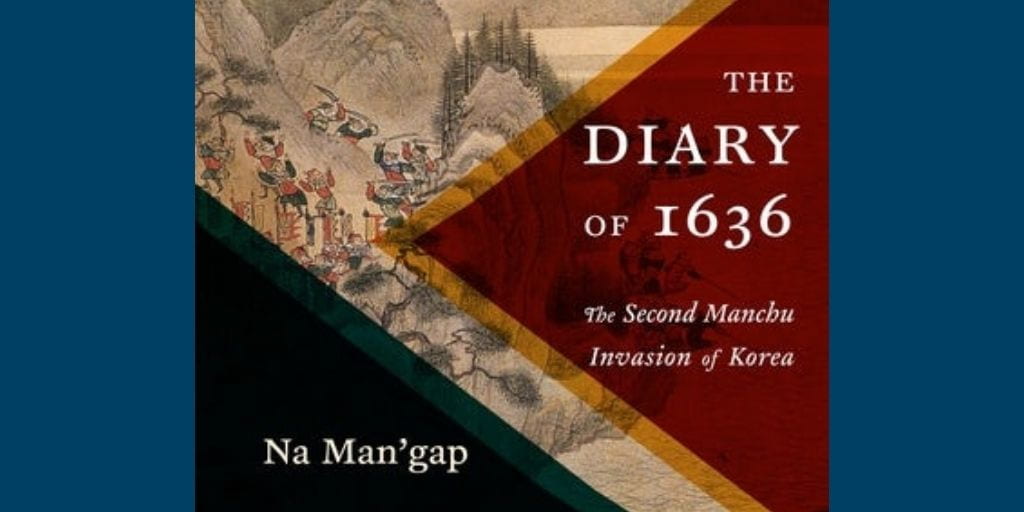Book Talk Series on Chosŏn Korea
Speaker
George L Kallander, Syracuse University
Moderator
Jisoo M. Kim, GW Institute for Korean Studies
Monday, March 29, 2021
2:00 p.m. – 3:30 p.m. Eastern Time
Virtual Event via Zoom
This event is on the record and open to the public.
Win a book giveaway! We will send one copy of the book to one of the guests who submit their questions during the event!
Event Description
Early in the seventeenth century, Northeast Asian politics hung in a delicate balance among the Chosŏn dynasty in Korea, the Ming in China, and the Manchu. When a Chosŏn faction realigned Korea with the Ming, the Manchu attacked in 1627 and again a decade later, shattering the Chosŏn-Ming alliance and forcing Korea to support the newly founded Qing dynasty. Chronicling the dramatic Korean resistance to the attack, the scholar-official Na Man’gap (1592–1642) recorded the second Manchu assault in his Diary of 1636 (Pyŏngjarok). Partly composed as a narrative of the siege of Namhan Mountain Fortress, where Na sought refuge with the king and other officials, the diary recounts Korean opposition to Manchu and Mongol forces and the eventual surrender. Based on his new book The Diary of 1636: The Second Manchu Invasion of Korea (Columbia University Press, 2020), George Kallander will discuss the Korean response to the Manchu attacks and the relevance of the diary to readers in Chosŏn and contemporary times.
Speaker
George Kallander (left) is associate professor of history at the Maxwell School of Citizenship and Public Affairs at Syracuse University, where he is director of the East Asia Program at the Moynihan Institute of Global Affairs. His research focuses on early modern Korea. He is author of two books The Diary of 1636: The Second Manchu Invasion of Korea (Columbia University Press, 2020) and Salvation through Dissent: Tonghak Heterodoxy and Early Modern Korea (University of Hawai’i Press, 2013). He is co-editors of the Cambridge History of Korea project, the Chosŏn Dynasty volume, for which he is also contributing a chapter. He is also completing a new monograph tentatively titled Beastly Rites: Human-Animal Relations and the Hunt in Premodern Korea. Professor Kallander has received fellowships from the Institute for Advanced Study (Princeton), the Academy of Korean Studies, and Columbia University.
Moderator
Jisoo M. Kim (right) is Korea Foundation Associate Professor of History, International Affairs, and East Asian Languages and Literatures. She currently serves as the Director of the Institute for Korean Studies and the Co-Director of the East Asia National Resource Center at GW. She also serves as the Editor-in-Chief of the Journal of Korean Studies. She is a specialist in gender, law, and emotions in Korean history. Her broader research interests include gender and sexuality, crime and justice, forensic medicine, literary representations of the law, history of emotions, vernacular, and gender writing. She is the author of The Emotions of Justice: Gender, Status, and Legal Performance in Chosŏn Korea (University of Washington Press, 2015), which was awarded the 2017 James Palais Prize of the Association for Asian Studies. She is also the co-editor of The Great East Asian War and the Birth of the Korean Nation by JaHyun Kim Haboush (Columbia University Press, 2016). She is currently working on a book project tentatively entitled Sexual Desire, Crime, and Gendered Subjects: A History of Adultery Law in Korea. She received her M.A., M.Phil., and Ph.D. in East Asian Languages and Cultures from Columbia University.



